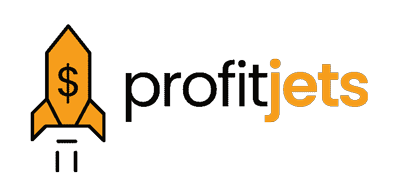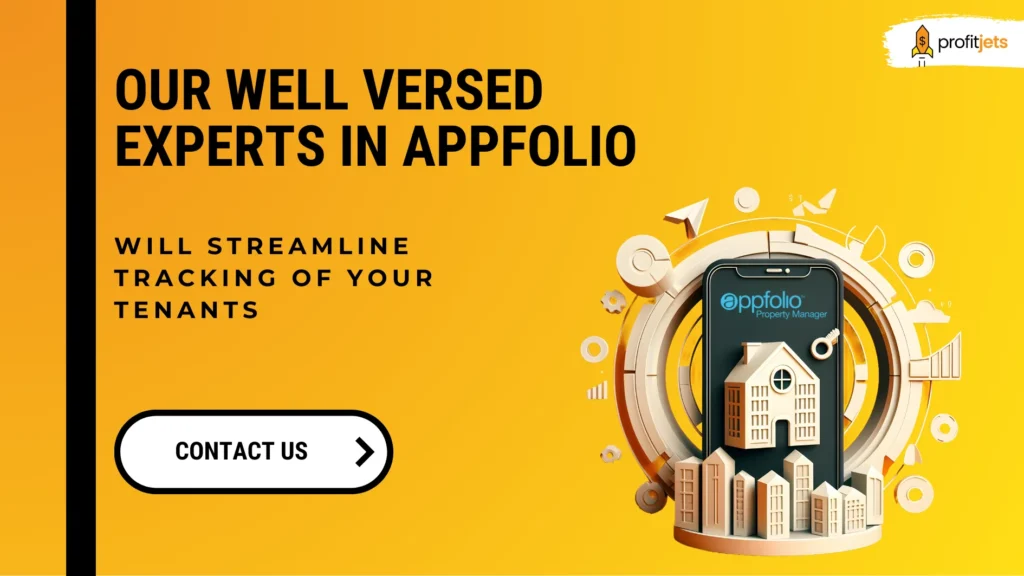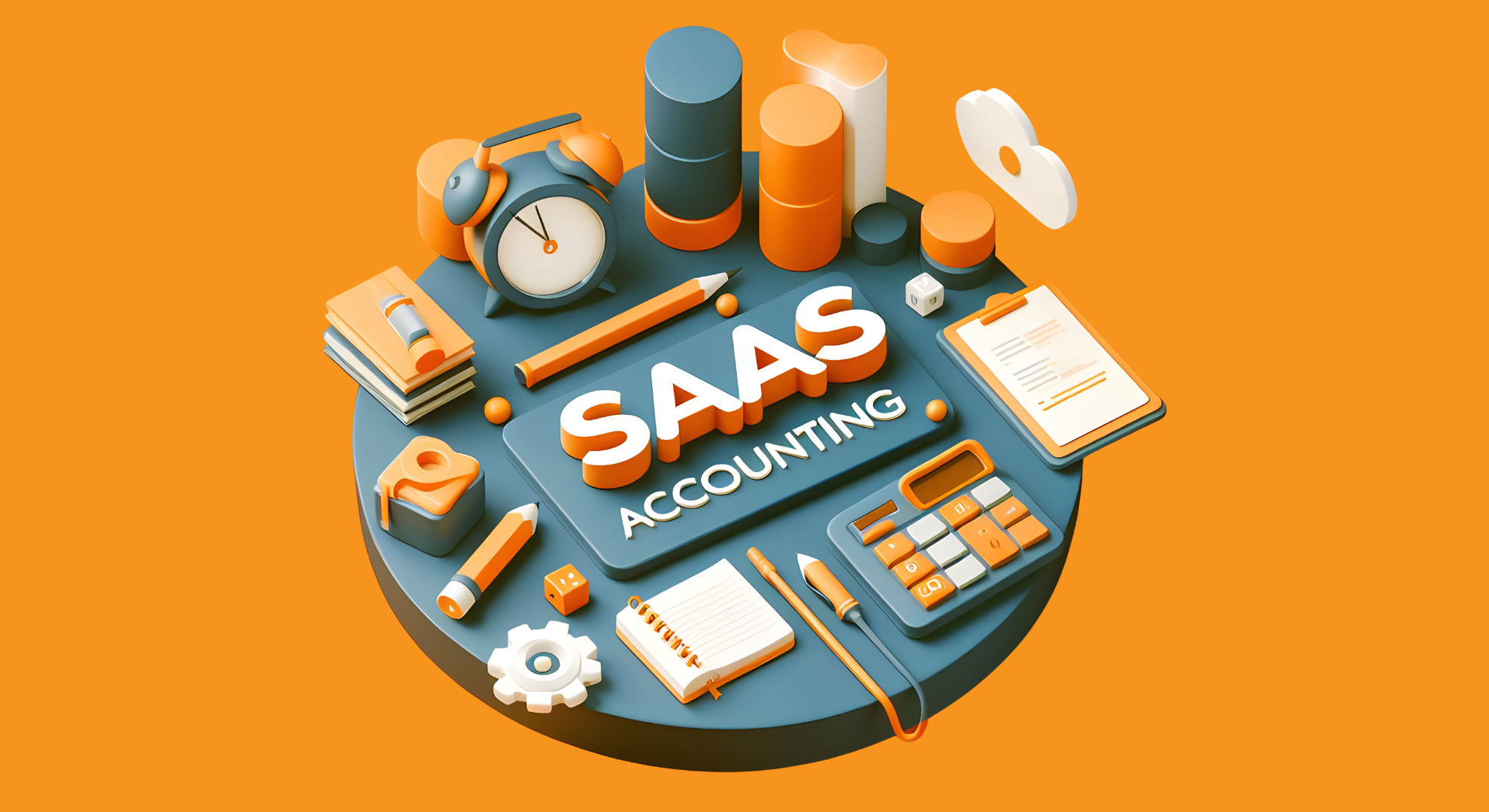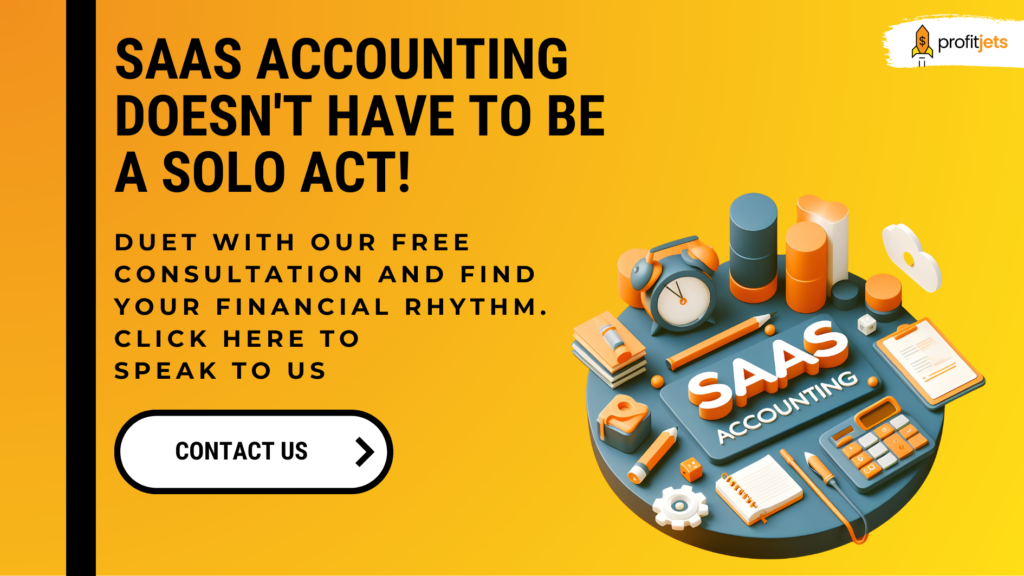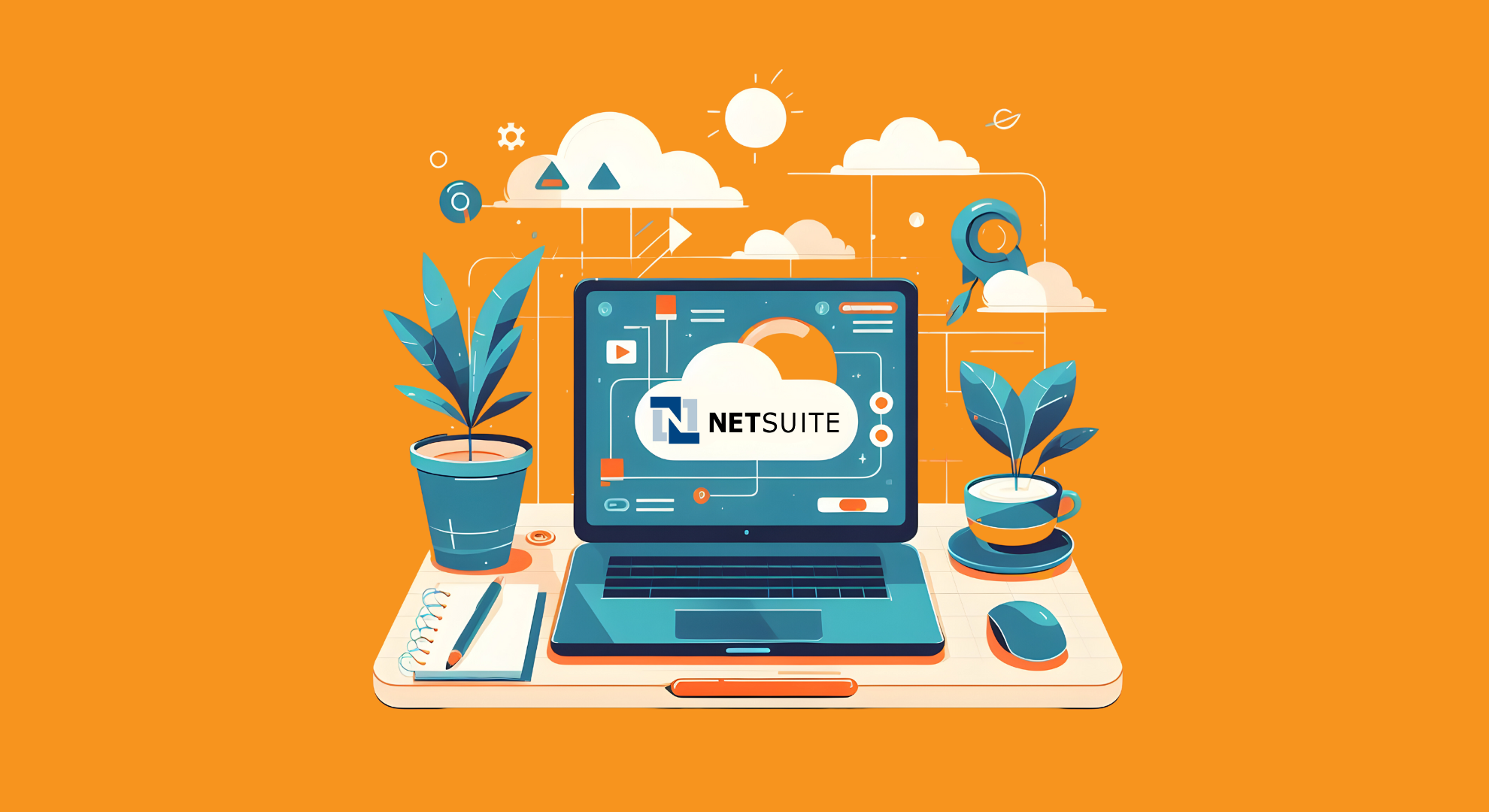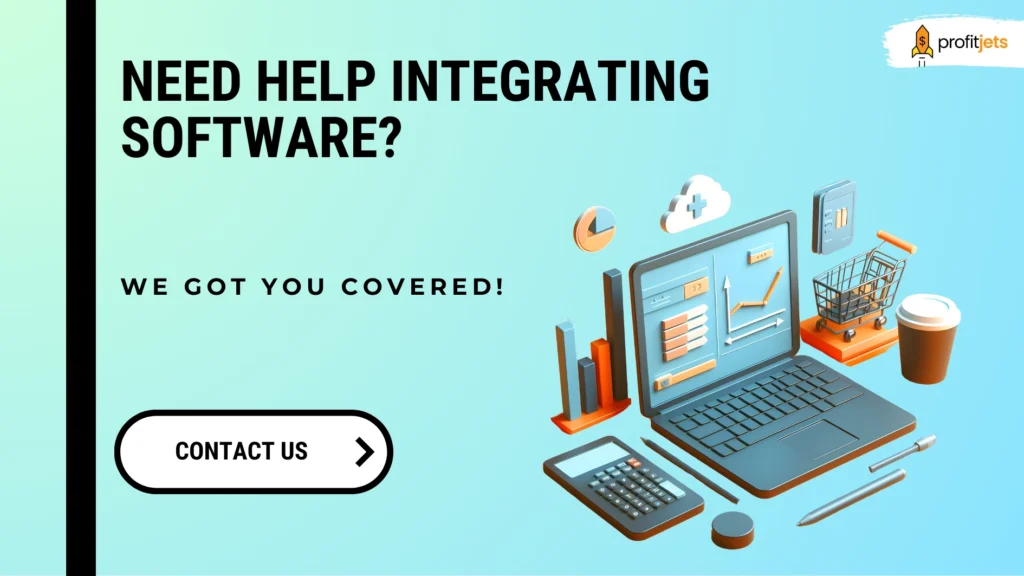In the age of remote work and digital transformation, businesses of all sizes are rethinking their traditional bookkeeping practices. Enter virtual bookkeeping: a revolution sweeping the financial landscape, promising efficiency, accuracy, and access like never before. But what exactly is this digital magic, and how can it benefit your business?
Table of Contents
A Deep Dive into Virtual Bookkeeping
Imagine ditching the shoebox of receipts and dusty ledgers. Virtual bookkeeping transcends physical limitations, operating entirely online. A team of highly skilled bookkeepers with robust bookkeeping software manage your finances remotely, accessible from anywhere, anytime. Think of it as having a dedicated financial wingman – invisible yet ever-present, handling your financial chores meticulously.
How Does This Virtual Bookkeeping Work?
The process is surprisingly simple. You can securely link your bank accounts, credit cards, and other financial platforms to your virtual bookkeeper’s software. Transactions automatically flow in, categorized, and reconciled with laser precision by combining AI-powered automation and human expertise. Gone are the days of manual data entry and late-night spreadsheet sprints.
Benefits that Make You Want to Outsource Bookkeeping:
- Accuracy and Efficiency: AI automates repetitive tasks, minimizing human error and freeing up your bookkeeper’s time for complex financial analysis and strategic insights
- Real-time Visibility: Ditch the quarterly scramble for financial reports. With virtual bookkeeping, you have 24/7 access to real-time financial data through comprehensive dashboards and reports, empowering informed decision-making.
- Cost-Effectiveness: Unlike traditional in-house bookkeepers, virtual services significantly save office space, equipment, and payroll. You only pay for the services you require, making it a flexible solution for companies of any size.
- Enhanced Scalability: As your business grows, your virtual bookkeeping team can seamlessly adapt, taking on additional tasks and complexities without additional physical resources.
- Expertise on Tap: firms often employ certified bookkeepers with specialized knowledge in various industries, ensuring qualified professionals handle your finances.
Why Small Businesses are Singing the Virtual Bookkeeping Anthem:
Virtual bookkeeping is a game-changer for small businesses, where every penny counts, and time is a precious commodity. Owners and staff can focus on core operations while their finances are managed by experts—no more late nights reconciling accounts or struggling to decipher complex financial reports. With virtual bookkeeping, you can finally return to doing what you do best – running your business.
Also Read: Virtual Bookkeeping Companies for 2024

Why Profitjets Should Be Your Virtual Bookkeeping BFF:
Not all virtual bookkeeping services are created equal. At Profitjets, we don’t just crunch numbers; we build long-term financial partnerships. We offer personalized virtual bookkeeping services using advanced technology and expert human assistance.
Here’s why Profitjets should be your virtual bookkeeping rockstar:
- Dedicated Bookkeeping Team: Get assigned a personalized team of qualified bookkeepers who understand your business and industry.
- Seamless Integration: We connect with your existing software and platforms, making the transition effortless.
- Proactive Insights: We don’t just track numbers; we analyze them, providing actionable insights to help you make informed business decisions.
- Scalable Solutions: Whether you’re a startup or a seasoned entrepreneur, we have a plan that grows with your business.
- 24/7 Support: Get real-time access to your financial data and dedicated support whenever needed.
The Future of Virtual Bookkeeping: Where the Numbers Do the Talking
The digital revolution has swept through every corner of the business world, and the realm of bookkeeping is no exception. Virtual bookkeeping, once a niche trend, is now rapidly evolving into a powerhouse, helping businesses of all sizes shape the future of financial management.
But what does this brave new world hold? Let’s crack open the ledger of possibilities and glimpse what’s next:
AI on Autopilot:
Imagine a world where robots don’t steal your job but become your tireless financial co-pilots. Artificial intelligence (AI) will increasingly perform mundane tasks like data entry and reconciliation. This will free up human bookkeepers to focus on strategic analysis, proactive insights, and complex tasks requiring judgment and expertise. Think of it as having a financial Yoda perched on your shoulder, whispering wisdom into your ear based on real-time data analysis.
Hyper-Specialization:
Gone are the days of one-size-fits-all bookkeeping. The future leans towards hyper-specialization, with virtual bookkeeping firms catering to specific niches and industries. From e-commerce and tech startups to healthcare and non-profits, each can access customized solutions tailored to their unique financial needs and regulations. Picture it like having a financial chef who whips up bespoke financial dishes just for your taste buds.
Blockchain Bonanza:
The buzzword on everyone’s lips, blockchain technology, is poised to revolutionize bookkeeping by creating a secure, transparent, and immutable ledger of all transactions. This means no more paper trails, lost receipts, or fraudulent activities. Every penny will be accounted for in a digital symphony of trust and traceability. Imagine a world where your financial history is etched in an unhackable blockchain diamond sparkling with transparency.
Data-Driven Decisions:
Get ready for a future where financial data sings! Predictive analytics and machine learning will transform bookkeeping from a mere record-keeping tool into a crystal ball for informed decision-making. Businesses can anticipate market trends, optimize resource allocation, and identify potential roadblocks before they even appear. Think of it as having a financial GPS guiding you to success, with every bump and detour marked.
Remote Renaissance:
The virtual office revolution is here to stay. Bookkeeping will continue to be untethered from physical limitations, with a global talent pool at your fingertips. This means cost-effective solutions, access to specialized expertise regardless of location, and a flexible, work-from-anywhere environment that fosters collaboration and innovation. Imagine a world where your financial team spans continents, united by the digital glue of efficiency and expertise.
The future of virtual bookkeeping is not just about crunching numbers; it’s about harnessing the power of technology to unlock deeper financial insights, streamline operations, and make data-driven decisions that propel businesses forward. So, buckle up, grab your digital abacus, and prepare to ride the wave of this financial revolution. The numbers are calling, and they have a story to tell!
To further solidify your understanding of virtual bookkeeping, here’s a handy table summarizing key points:
| Feature | Traditional Bookkeeping | Virtual Bookkeeping |
| Location | On-site | Remote |
| Technology | Limited use of software | Highly reliant on robust bookkeeping software |
| Automation | Minimal | Extensive use of AI-powered automation for repetitive tasks |
| Access to data | Periodic reports | Real-time access through dashboards and reports |
| Scalability | Limited, requires hiring additional staff | Highly scalable, adapts to business growth |
| Cost | Higher, includes office space and overhead | Cost-effective, pay only for services used |
| Expertise | Varies depending on individual bookkeepers | Access to certified bookkeepers with specialized knowledge |
Remember, virtual bookkeeping isn’t just about saving time and money; it’s about gaining a strategic advantage.
Conclusion
Virtual bookkeeping is not just a trend; it’s the future of financial management. Ditch the shoebox, embrace cloud bookkeeping, and watch your business soar with the power of virtual financial expertise. Profitjets is your trusted partner in this digital transformation, ready to guide you toward financial clarity and success.

